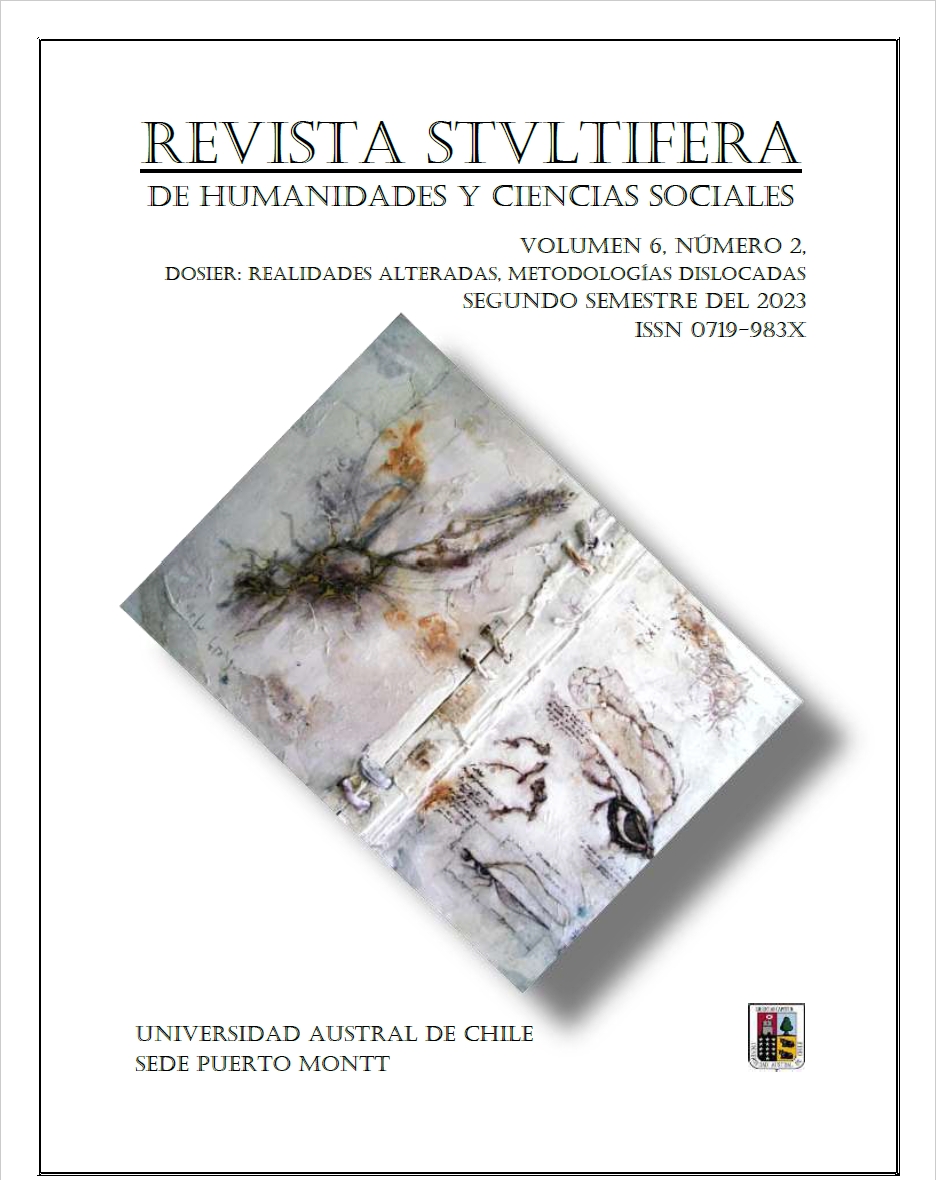A Populist Hegemony: Discourse, Ideology and Policies in the Government of Cristina Fernández de Kirchner
Main Article Content
Abstract
The article analyzes the construction of a populist hegemony during the Kirchnerist period in Argentina. From a Gramscian perspective that recovers the approach of the modern Prince, we articulate three meanings of the concept of populism for the study of discourse, ideology and politics. In this way, we seek to replace the reading keys of the Prince as a leader and symbolic representation of a collective will and the modern Prince as a political force and collective subject aimed at contributing to the organization of said will. Likewise, populism as a singular political discourse, as a logic of articulation of popular demands, and as a social pact strategy, make up the three ways of analysis to enquire about the construction of hegemony during the last government of the Kirchnerist period. General aspects of the cycle of Kirchnerist governments since 2003 are synthesized, to focus on the last term of Cristina Fernández (2011-2015). There, we reconstruct the context of each year, working, on the one hand, on a corpus of 60 speeches that include the opening sessions of Congress, significant national dates, intervention in international forums, addresses to militants and presentation of the main policies of the period and, on the other, addressing the analysis of those policies through oficial documents, laws, decrees and socio-economic indicators.
Article Details

This work is licensed under a Creative Commons Attribution-NonCommercial 4.0 International License.
Usted es libre de compartir (copiar y redistribuir el material en cualquier medio o formato) y adaptar (remezclar, transformar y construir sobre el material). El licenciante no puede revocar estas libertades siempre y cuando usted siga los términos de la licencia.
La licencia se da bajo los siguientes términos:
Atribución: debe dar el crédito adecuado, proporcionar un enlace a la licencia e indicar si se realizaron cambios. Puede hacerlo de cualquier manera razonable, pero no de ninguna manera que sugiera que el licenciante lo respalda a usted o a su uso.
No comercial: no puede utilizar el material con fines comerciales.
Sin restricciones adicionales: no puede aplicar términos legales o medidas tecnológicas que restrinjan legalmente a otros de hacer cualquier cosa que la licencia permita.


 https://orcid.org/0000-0002-9733-647X
https://orcid.org/0000-0002-9733-647X